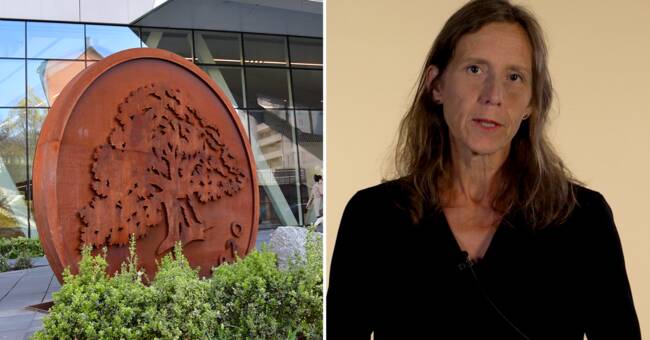Swedbank's CEO begins today's interim report with the exclamation “Finally”.
But banks do not really even need to turn the page.
Now, after just over a year of world crisis, it is as if the pandemic did not exist in the banks' books.
So far, three of the major banks, SEB, Swedbank and Handelsbanken, have had time to report their results for the second quarter of this year.
Profit levels are higher than before the pandemic in all banks.
Everyone earns a record amount on fees, including customers' fund savings and card purchases.
Credit losses are virtually zero.
Even low interest rates are not a problem, as banks are simultaneously having to lend more and more money to increasingly expensive housing.
May seem incomprehensible
Now the banks are eagerly waiting for Finansinspektionen to ease its pandemic restrictions so that more billions can be distributed to shareholders.
It may seem both incomprehensible and provocative that it has become like this.
The banks and their directors, who I guess to some extent pinch themselves in the arm, have the global financial crisis of 2008-2009 to thank.
It is the great fear of a repeat of the one that, now that the pandemic broke out, caused the central banks of the world to evict thousands of billions over the credit markets.
Then, last spring, there were clear signs of an impending financial crisis.
The Governor of the Riksbank, Stefan Ingves, who initiated support purchases of, among other things, corporate and housing bonds for SEK 700 billion, still returns to how the market for corporate bonds was about to cut completely.
The delta variation can create problems
The economic crisis during the pandemic has been called the worst since World War II.
But if it had turned into a financial crisis, it would have been incomparably much worse, not only for the banks but for society as a whole and the people in it.
If the economic downturn last spring, with factories closed and goods flows stopped, had continued longer, if the housing market, as predicted, had collapsed, if the stock market continued to plummet, if the vaccine had been delayed or absent, well then all these billions would have been needed for to keep the financial market and the banks under arms.
But instead, the industry started already after last spring, the stock market and the housing market rushed, and the vaccine came faster than anyone thought possible.
Now the pandemic is not over yet.
The banks' CEOs flag that, above all, the delta variation of the corona virus can create problems in the future.
SEB chooses to continue to keep the money for feared credit losses last year unprepared.

